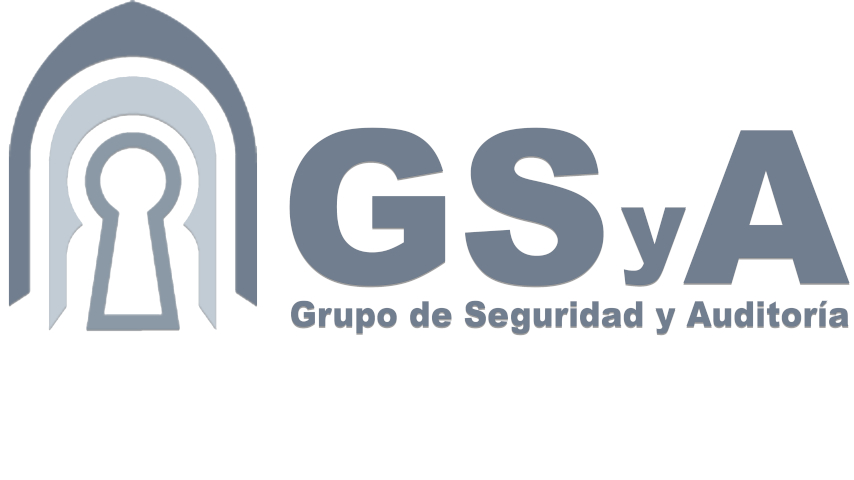
The GSyA group focuses its research mainly on two main lines, software security and security and risk management. Specifically, the group researches on how to build and use safer software, for which it develops software engineering methods and processes, new modeling techniques, and also tools that provide automated support to the construction of safer software, addressing all stages of the software development process and considering the most advanced development paradigms and technologies. Additionally, the group works on the development of methodologies and techniques to measure and manage IT security and risks in companies in a systematic and predictable way, developing approaches based on advanced techniques from the field of computer science, such as machine learning, quantum computing, ontologies and metadata, or blockchain.
Research lines:
- Software Security:
- Security in Requirements Engineering
- Security Patterns and Architectures
- Business Process Security
- Security Ontologies
- Big Data and Data Analytics Security
- Security and Risk Management:
- Security Management Systems
- Risk Analysis and Management
- Security Metrics
- Security Governance
- Security Auditing
More info here.